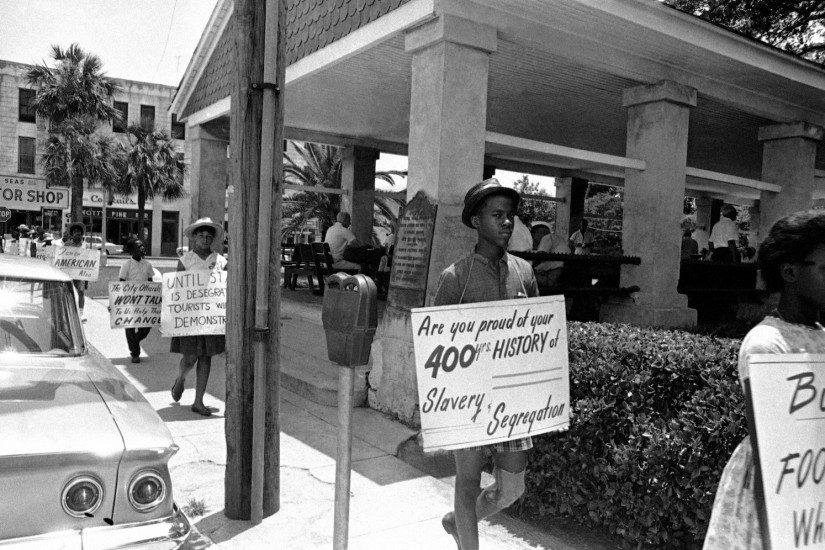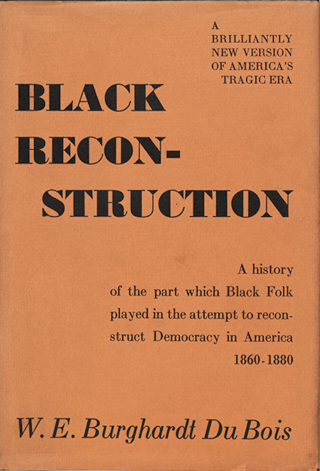The idea of reparations is somehow both avant-garde and extraordinarily old. Its reemergence stems from a broad reassessment of the trajectory of black America’s material conditions, and a realization that even with the extraordinary efforts of individual black people and some political and economic protections, true equality always appears just out of reach.
The reparations debate now necessarily extends beyond slavery, drawing from Jim Crow and more recent discriminatory practices in the North and West. Scholars are producing estimates of exactly how much wealth was stolen by tools such as restrictive covenants and mass incarceration. And, critically, researchers have also clearly outlined exactly how state power helped produce the wealth of those who have it: through favorable tax policy, social insurance, powerful institutions, and massive land and wealth transfers. America has pursued most of the programs Du Bois desperately wanted to create during Reconstruction. But the country has enacted them mostly for white people instead of the scions of the enslaved.
There is a ledger, and more and more black Americans believe it must be balanced. Resistance to that notion is perhaps best encapsulated by Senate Majority Leader Mitch McConnell, who said on Tuesday: “I don’t want reparations for something that happened 150 years ago … We’ve tried to deal with the original sin of slavery by passing civil-rights legislation and electing an African American president.” Conveniently, McConnell did not mention Jim Crow, the reason it took 100 years for civil-rights legislation to be passed after the Civil War. And if he does view the election of President Barack Obama as a duly appointed form of reparations, then McConnell’s own resistance to, and repeated stonewalling of, Obama’s presidency deserve some probing.
In American politics, as President Donald Trump’s career suggests, time and inertia confer legitimacy. The national celebration of emancipation has reverted to a purely historic endeavor, one stripped of the demand for full equality. Slavery has been relegated to a hazily indistinct past, and the ways in which it obviously influenced modern law are elided. Among those who wish to share in the font of white political power, this mythology is purposeful and empowering.
Memory, however, is powerful enough to expose myth. And memory is the purpose of Juneteenth. The testimonies of people who were enslaved, as well as their children, grandchildren, and distant descendants, are integral parts of the holiday. In predicting that the black community would either attain equality or be eliminated “root and branch,” Du Bois underestimated the strength of memory, which has allowed the black community to endure.
On Juneteenth, it seizes the narrative, reminding the country of its original debt, and the debts it has since accrued. And this Juneteenth, that reminder will be delivered in the seat of American power. This is, and has always been, the highest purpose of jubilee: to deliver a moral accounting.

